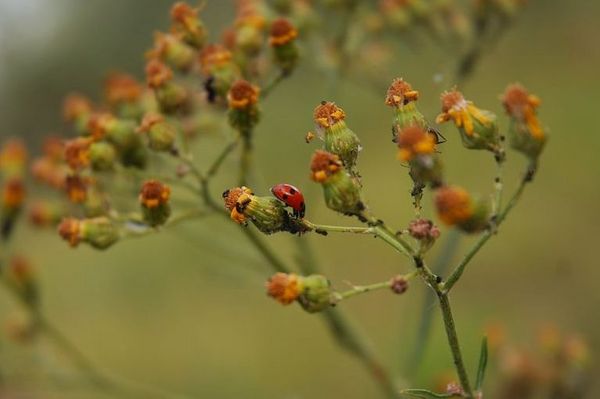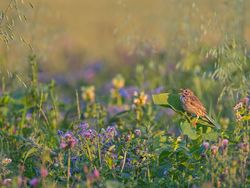Dossier
The value of diversity
Stefan Lange | 23.06.2022
Diverse agricultural landscapes are not only beautiful to look at, but also fulfil many ecological services that can also be economically relevant.
Diverse, species-rich landscapes not only delight our senses and enhance our quality of life. Many of the species and ecosystems in these landscapes provide essential services for the existence of our society. The economic value of these services as "natural capital" is now receiving a great deal of attention in politics and society.
Well-known service providers in our agricultural production systems are flower-pollinating insects such as bees. Spiders and predatory insects serve as biological pest control and soil organisms ensure soil fertility. In order to be able to use the services provided by these organisms in the long term, their livelihoods in agricultural landscapes must be protected and promoted.
Our research aims to understand the interactions between landscape elements and agricultural practices on the one hand and the performance of the relevant organism groups on the other. From this, we derive recommendations for action for agricultural practice and for policy on the design of agri-environmental measures.



![[Translate to English:] Where have all the insects gone?](/media/_processed_/f/b/csm_dauber_IMG_4662_73d934748a.jpg)
![[Translate to English:] Logo des Bundesministerium für Ernährung und Landwirtschaft](/media/allgemein/logos/BMEL_Logo.svg)